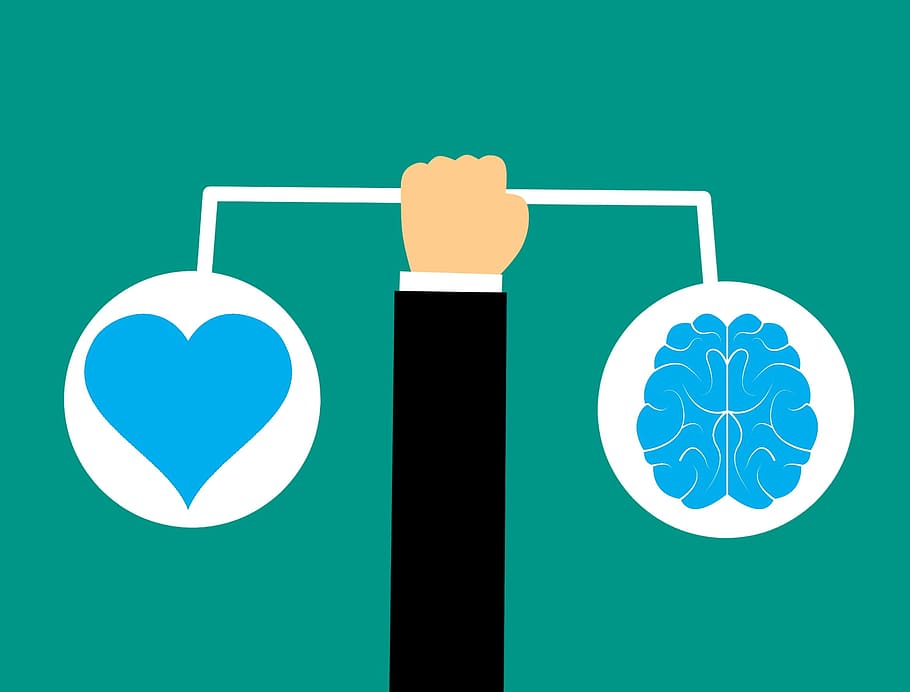
FAQ About Basics of Emotional Intelligence
Basics of Emotional Intelligence
2 years ago | gizem
What are the main components of emotional intelligence?
The main components of emotional intelligence are as follows:
- Self-awareness: This component involves recognizing and understanding one's own emotions, strengths, weaknesses, values, and motivations. It includes being in tune with one's feelings and being able to accurately assess and label them.
- Self-regulation: Self-regulation refers to the ability to manage and control one's emotions, impulses, and behaviors. It involves staying calm in stressful situations, being adaptable to change, and effectively managing one's emotional reactions.
- Motivation: Motivation in the context of emotional intelligence refers to having a strong drive to achieve goals, the ability to persevere in the face of challenges, and a sense of purpose and passion. It involves setting meaningful goals, being self-motivated, and maintaining optimism and resilience.
- Empathy: Empathy is the capacity to understand and share the feelings, perspectives, and experiences of others. It involves the ability to step into someone else's shoes, listen attentively, and respond with compassion and understanding.
- Social skills: Social skills encompass a range of abilities that facilitate positive interactions and relationships with others. These skills include effective communication, active listening, conflict resolution, teamwork, collaboration, and leadership. Individuals with strong social skills are adept at building rapport, influencing others positively, and navigating social situations.
